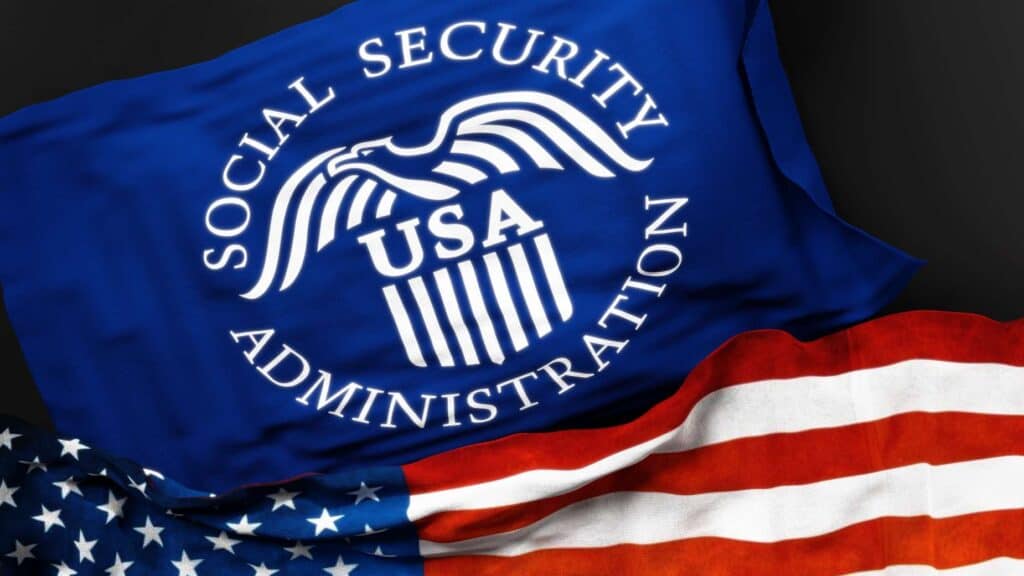Legislators are considering a bill that could boost Social Security benefits for millions. The Social Security Fairness Act, which would close loopholes that prevent retirees who receive specific government pensions or other benefits from receiving payments, is gaining traction after lawmakers successfully advanced it earlier this month using a discharge petition, which allows bills to be brought to the House of Representatives floor for consideration without a report from the relevant committee.
A new reform will likely impact Social Security benefits as we know them
Moreover, millions of Social Security beneficiaries may be impacted by any modifications brought about by the bill’s possible passage. More than 300 members of both parties of the House have cosponsored the bill, which was initiated by Republican Garret Graves and has received bipartisan support. As a result, the Government Pension Offset (GPO) and Windfall Elimination Provision (WEP) regulations would be repealed by the Social Security Fairness Act. The WEP lowers Social Security benefits for people who qualify for benefits and have pension income from public positions for which they did not pay Social Security payroll taxes, even when they have made other contributions to the program.
Currently, the WEP affects over two million Social Security recipients. The Government Pension Offset is a feature that cuts spousal payments for retired federal, state, and local government employees who did not contribute to Social Security through payroll taxes, affecting about 800,000 pensioners. To recap, the legislation would:
- Repeal restrictions that limit Social Security payments for people who also receive state or local government pensions.
- Eliminates the government pension offset, which can lower Social Security benefits for spouses, widows, and widowers who get their government pensions.
- Eliminates the windfall elimination provision, which decreases Social Security payments in some cases for those who also get a pension or disability benefit from an employer who did not withhold Social Security taxes.
If it passes through the legislature, it will apply to all SSA-administered retirement benefits beginning in December 2023. Then, Social Security benefits would increase for everyone covered by the measure. In 2020, the Urban Institute did research that suggested that eliminating the GPO and WEP might result in benefits increases for 4.5 percent of beneficiaries in 2025, with the “annual increase for those affected would average about $7,300” at that time.
How much will the cost change?
Higher benefit payments translate into higher federal government expenses. The law is expected to increase the national deficit by $195 billion by 2034, according to estimates from the Congressional Budget Office. With the help of Republican Graves and Democrat Abigail Spanberger, the discharge petition was approved with 218 signatures, including 47 from Republicans and 171 from Democrats, demonstrating the bill’s bipartisan support. Millions of retired public servants have been waiting for their elected representatives to address this basic problem of fairness for more than 40 years, from Virginia to Louisiana to every other state in America, according to a joint statement from the politicians.
These retirees deserve to see the WEP and GPO abolished in addition to receiving the Social Security benefits that their hard work has earned them. He also highlighted that they’ll put in endless effort to ensure that the Social Security Fairness Act is approved by the US House and US Senate and ultimately becomes law. We have to finish it. Furthermore, experts have observed that individuals who get a pension from an employer not covered by Social Security may have contributed to the program through earlier employment, making it unfair for these persons to be denied their contributions later in life.
According to Mary Johnson, an independent Social Security and Medicare policy expert, these are people who earned credits toward Social Security benefits from second employment outside of their tenure in government-paid positions. They should not be penalized for having served as firefighters, teachers, or other government employees. Hardworking people deserve to receive their full Social Security payments.

